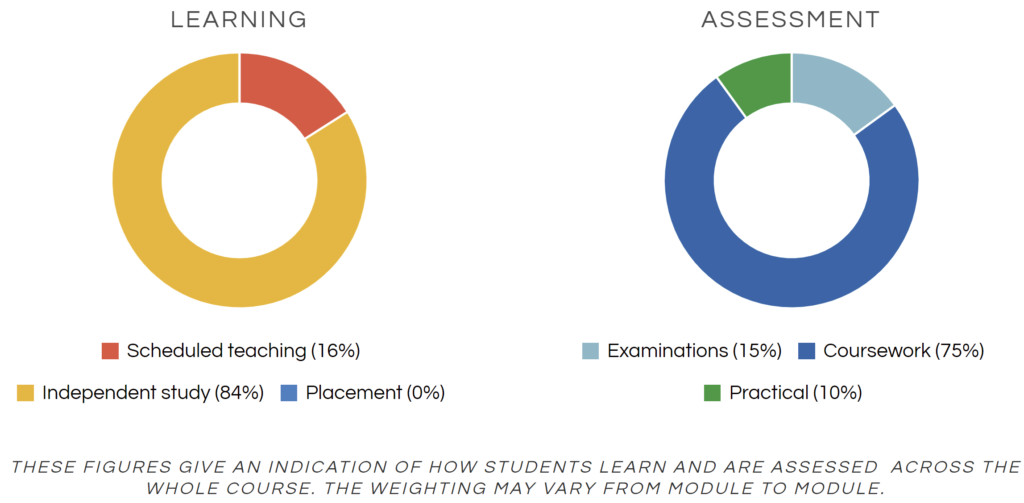BA (Hons) Business Management (Entrepreneurship and Innovation)
Intakes : October and February
Duration : 3 years full-time
Awarding Body : Solihul University
UCAS code : 6102
OVERVIEW
This pathway combines business and management with the principles of innovation and entrepreneurship theory and practice. The programme is designed for students aiming to start their own businesses or pursue a career based on innovation and entrepreneurship.
The programme includes Entrepreneurship and Innovation which examines entrepreneurship theory in a variety of contemporary business settings and Business Simulation which gives students an ability to practice creative management thinking. The 40-credit dissertation module will also be related to entrepreneurship and innovation.
ENTRY REQUIREMENTS
A-level : BCC (104 UCAS tariff points).
GCSE : Five at grade C/4 or above, including English Language and Mathematics.
We welcome applications from international students and from those with non-traditional educational or professional qualifications, who shall be considered on their own merits.
International applicants whose first language is not English require an Academic IELTS score of 6.0 with at least 5.5 in each unit.
LEARNING AND ASSESSMENT
The course emphasises active learning and facilitative teaching methods, through which students are expected to construct their own knowledge and understanding by engaging in supported processes of enquiry – often carried out in small groups – giving the opportunity for frequent and informal feedback. The course also encourages a participative approach to learning, including collaborative learning and peer review. Students explore business and management issues that are set in realistic contexts, allowing theory to be explored through interesting and challenging situations, thereby marrying critical enquiry with practical insights. Students are at the centre of the learning process, making their own connections between ideas and synthesis is encouraged, with the integration of knowledge from multiple subject areas.
Assessment is carried out at key points during teaching. Formative assessment with either verbal and/or written feedback is offered during each module. Written feedback is provided following summative assessment. Assessment tasks are linked to the objectives of each module and are normally completed by the end of each module. Types of assessment evidence can include assignments, projects, in-class tests and presentations.
MODULES
FIRST YEAR
Academic and professional studies
The module aims to support students in developing cognitive, metacognitive, interpersonal, professional and academic skills to enable them to successfully engage with their study at undergraduate level. It is designed to assist students in adapting to the environment by developing appropriate study skills and linguistic competence in a subject specific context.
Economics for business
The module provides an insight into the economic theory and methodology of corporate business and facilitates the application of economic reasoning in analyzing contemporary businesses.
The module enforces the importance of continuously analyzing the economic environment, develops student’s ability to describe the explain contemporary economic issues and consider the potential impact of changes in the economic environment on individuals and organisations.
Introduction to business
The module introduces key principles and concepts on which business, management and finance practice are based. It also covers the role of corporate governance in organisations and the ethical issues faced by organisations and the individuals in them.
Introduction to finance
The aim of this module is to introduce students to fundamental concepts in finance, financial markets and financial accounting. The module explores the key areas of financial markets and financial decision making. It also promotes the understanding of how financial statements are constructed and ensures students have an appreciation of the usefulness and weaknesses of accounting information.
Legal aspects of business
This module aims to develop understanding of the general legal framework, and of specific legal areas relating to business. The module will cover knowledge related to some aspects of Business Law, for example: Employment Law, Law of Agency, Company Law and Intellectual Property Law.
Marketing principles
This module is designed to introduce the key concepts of marketing in organisations across the private, public and voluntary sectors. This module seeks to equip the students with the knowledge and understanding of the factors affecting the marketing environment and the role of marketing in any sector.
SECOND YEAR
Business research
To provide the students with the ability to identify and apply appropriate research strategies and techniques for individual research on a project-based investigation that is relevant to professional development and practice.
Digital marketing
The module aims are to (a) provide an analysis of the opportunities secured by digital marketing and the challenges of designing and implementing successful digital strategies; (b) Develop a considered awareness of the usage of potential multi-media marketing communications;(c) Develop ability in monitoring, evaluating an integrated communications campaigns.
Entrepreneurship and innovation
The module aims to introduce students to the multi-disciplinary nature of innovation and entrepreneurship and their applications and provide students with an understanding of the entrepreneurship in a context of contemporary business. The module will examine entrepreneurship and innovation in a variety of contexts. It will enable students to compare entrepreneurship and innovation in different organizations such as family businesses, small businesses, social enterprises and the informal economy.
Human resource management
The module aims to develop a critical appreciation of the relationship between organisational systems, processes and structures and the people who must manage in an organisational context. It helps students to understand how human resource management systems and policies enable managers to work effectively and efficiently in a range of different business environments. The module enables students to acquire knowledge needed to managing people and appreciate the importance of human resources to achieve organisational goals.
Management and leadership
This module seeks to develop knowledge and understanding of the principle areas of leadership and management practices stemming from business research and development. This will highlight contemporary changes and challenges as well as the major debates around theory and practice in the specific fields of leadership and change management.
Operations management
Conceptual frameworks and practical examples of how operations can be analysed in different environments.
This module is designed to enhance student involvement in the learning process using active learning techniques including group work, case studies and individual reflective journals.
THIRD YEAR
Business analysis project
The Business Analysis module gives students the opportunity to combine investigation into an authentic business challenge with a more in-depth research report. The module integrates business knowledge accumulated during the course and gives an understanding of the application of business.
Business simulation
The module shows how knowledge and skills from different subject areas/specialisms need to be used in combination for businesses to function effectively. The module aim to (a) facilitate the integration of knowledge and skills acquired in previous two years to formulate and manage a complex business simulation; (b)expose students to a multifaceted business simulation within a sector focused industry through the preparation, delivery and evaluation of a management development plan;(c) develop the student capacity to analyse, prioritise and critically evaluate information, concepts and processes and justify management approaches, operations and possible solutions within the simulation;(d) develop the students ability to identify objectives and own responsibilities in working with others and to use and evaluate strategies to meet them
Major project
The module provides an opportunity for an in-depth study at Level 6 of a topic within an area appropriate to the student. Overall the programme will culminate in the submission of a final written report which adheres to the normal academic conventions for dissertations.
Managing projects
This module considers the strategic nature of business projects from organizational and managerial perspectives. It equips students with the contemporary theory related to the practice of managing projects; the tools and processes used to evaluate and select projects and highlight successful approaches used by senior managers to deliver value and impact.
Strategic management
The module provides students with an understanding of the strategic management. It enables students to gain an appreciation of the internal and external environments which impact on organizations. operate, to identify resources and competences in the organisations and to evaluate different levels of strategic and managerial options.
CAREER OPPORTUNITIES
Our careers and employability services run sessions to help you to identify and improve your skills, follow your intrests and present yourself at your best to launch your career.
Our business and management graduates have gone on to work in diverse areas such as accounting, banking, education, HR, law, marketing and consultancy. Many also progress to postgraduate study, both at Amity and other universities in the UK and abroad.


